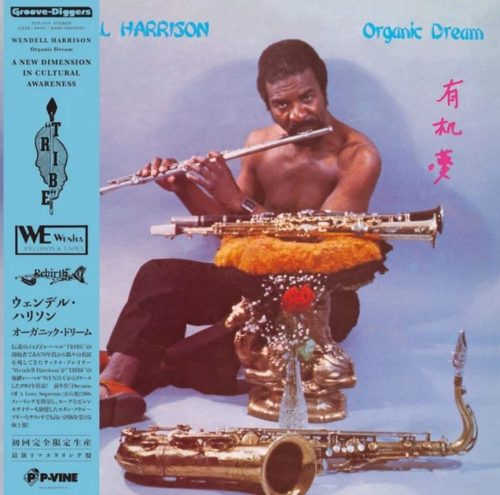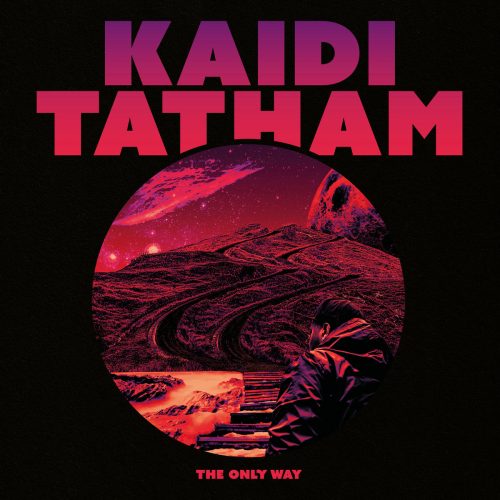Wood Blues
Label: Astral Spirits
Genre: Experimental, Highlights, Jazz
$44.99
Availability: Out of stock
Audiopile Review: For the uninitiated, [Ahmed] is a quartet made up of Joel Grip (double bass), Antonin Gerbal (drums), Seymour Wright (alto saxophone) and, most notably, the storied pianist Pat Thomas. Their albums and live sets are improvised recreations of the works of bassist and oud player Ahmed Abdul-Malik, probably best known for his run of albums from the late ‘50s-early ‘60s that were among the first in Western jazz to incorporate Middle Eastern and North African instrumentation and song structures. He was also an in-demand live and session player, helping flesh out the ensembles formed by Randy Weston, John Coltrane, Thelonious Monk and Art Blakey. Following [Ahmed]’s Giant Beauty, their mammoth 5xCD boxset that came out a month back to rapturous acclaim and a quick sellout, the four-piece revisit Malik’s “Oud Blues”, taken from his 1963 album Sounds Of Africa (a version of which also features on Giant Beauty). While the version on the CD set is largely a fiery and more freewheeling attempt, Wood Blues, feels slightly more contained, at least to start. The group start off in a swinging mood, not too far astray from the Malik’s bass-led original. The quartet then snake their way towards more frenetic playing, the interplay between the hammering piano of Thomas and the squealing sax of Wright end up being pursued into further zones of excess and electric groove by the lightning-quick nimbleness of the rhythm section. Wood Blues ends up with the velocity of a runaway freight train, the quartet barrelling towards a sweat-drenched pinnacle of ecstatic frenzy, never fully losing grip of where they began. Another wild and invigorating album from [Ahmed].
“They are, Seymour said, in movement, and in keeping with their claim, their music is, like a Brownian bridge, an A&J Tranean train, a Byrdian plane, or a Blountian space-time myth-machine, a way of playing themselves into the historio-graphical hands, or better yet, the loving arms, or perhaps, to be precise, the metaphysical embrace, of ‘a new creative space’, and playing is a way, the only way, when you think about it, of getting and staying in movement, the only way of staying ahead of themselves. Staying ahead of themselves was always important, and tricky too: they were on the (musical) trail of someone who preceded them, was ahead of himself, or at least ahead of his own epoch, the late 1950s, and theirs, the late 20th and early 21st century, in which he was, before they found him (or he found them, the way music finds you — and finds you out) present as no more than a discographical evanescence.
And to complicate things further, the way they talked about what they were doing as they proceeded along that trail, you’d think they were archaeologists (and not anthropologists), or geologists (and not ethnographers), as well as exemplars of whatever discipline it is through which the capacity for inhabiting and transforming the body, the corpus, of another takes place: ‘We excavate and reinhabit documents and fragments of plans and compositions that he left behind to make music that though it originated in the 20th century will speak to the 21st’. They said that, on the back, or the strength, of their first album, and it was enough to make you wonder where in the world it was that they started from, what their point(s) of departure might have been.”





